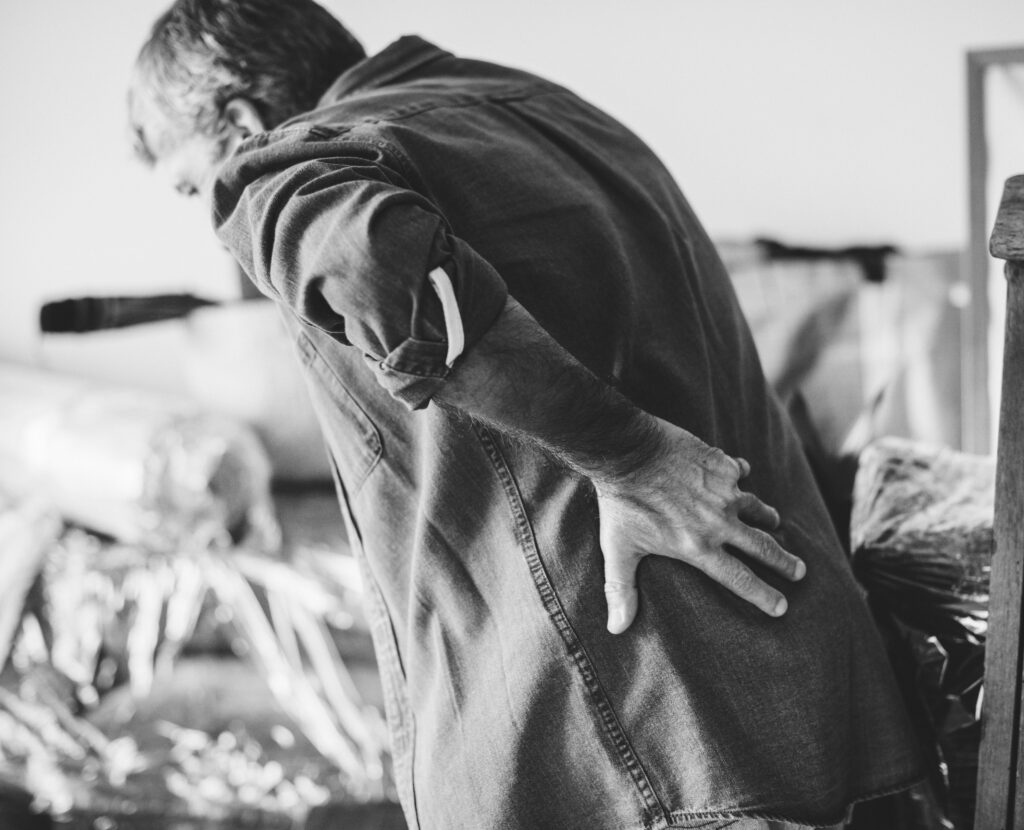
In our latest blog, Timms Clinical Negligence Solicitor discusses an article in the Times on Saturday on NHS spinal surgery errors...
Even as a Cauda Equina Syndrome (CES) claims solicitor, and even after having won many millions for deserving CES clients over 25 years, I was shocked to read that out of every £3 spent on spinal surgery, £1 is spent on litigation claims arising from that surgery.
I have no doubt most of that is spent on CES claims, even though they account for only a quarter of all spinal surgery claims. Put another way, while the annual budget for spinal surgery is £300 million, litigation costs after spinal surgery averages more than £100 million. With the CES claims I've settled averaging at £750k, it is clear to me that CES settlements are a big drain on NHS funds.
Although, some readers might demonise me for how I earn a living, I am proud of what I do. As I see it, I help people whose whole lives have been ruined, but only to be a little more comfortable for the rest of their lives. No more than that. For buying a bungalow and having some paid care for basic things you can no longer do yourself, isn't ever going to make up for being doubly incontinent, in constant pain or in a wheelchair.
Moreover, more often than not, my clients' Cauda Equina Syndrome could have been avoided in the first place if simple safety systems had been in place. To me, it beggars belief that to date the NHS has never learned from their staff's mistakes and have therefore failed to save themselves a lot of money.
As a longstanding bad back sufferer myself, I understand that sciatica and back pain are common presentations to clinicians, and that in contrast the early symptoms of Cauda Equina syndrome are comparatively rare occurrences. However, left untreated CES can have devastating consequences, so all health professionals should be hypervigilant.
Early Diagnosis Is Crucial
All doctors need extensive training about CES symptoms and the limited window to operate so that the condition does not get worse and become untreatable, and they need to err on the side of caution about arranging an urgent MRI scan. In my view the MRI scan should not ever have to be authorised only by a consultant.
The report detailed in the Times article stated that patients were not receiving prompt scans, often because of a lack of radiographers to operate scanners outside of normal working hours.
I believe that the NHS needs more radiographers covering 24/7, more MRI scanners and that MRI scanning units in all hospitals need to be open beyond 5pm. It is all very well specialised units being open 24/7 but transfers to them at night means surgery is inevitably delayed to the following morning when it is too late.
If you have CES symptoms like urinary urge, frequency or poor stream, don't bother with presenting at your GP, walk in centres or A&E at your local hospital. That will just lead to long delays whilst the compression on your cauda equina nerves gets worse.
Instead get yourself to a major neurosurgical hospital that has 24 hour scanning. Make a nuisance of yourself, and don't be shy to tell nurses and doctors about your urinary problems and the numbness in your privates. Demand an urgent scan, and if it confirms the clinical picture of CES demand an urgent decompression operation.
If sadly you already suffer from Cauda Equina that might have been caused by delay in treatment, you can contact the team via the main office telephone number on 01332 364436.




